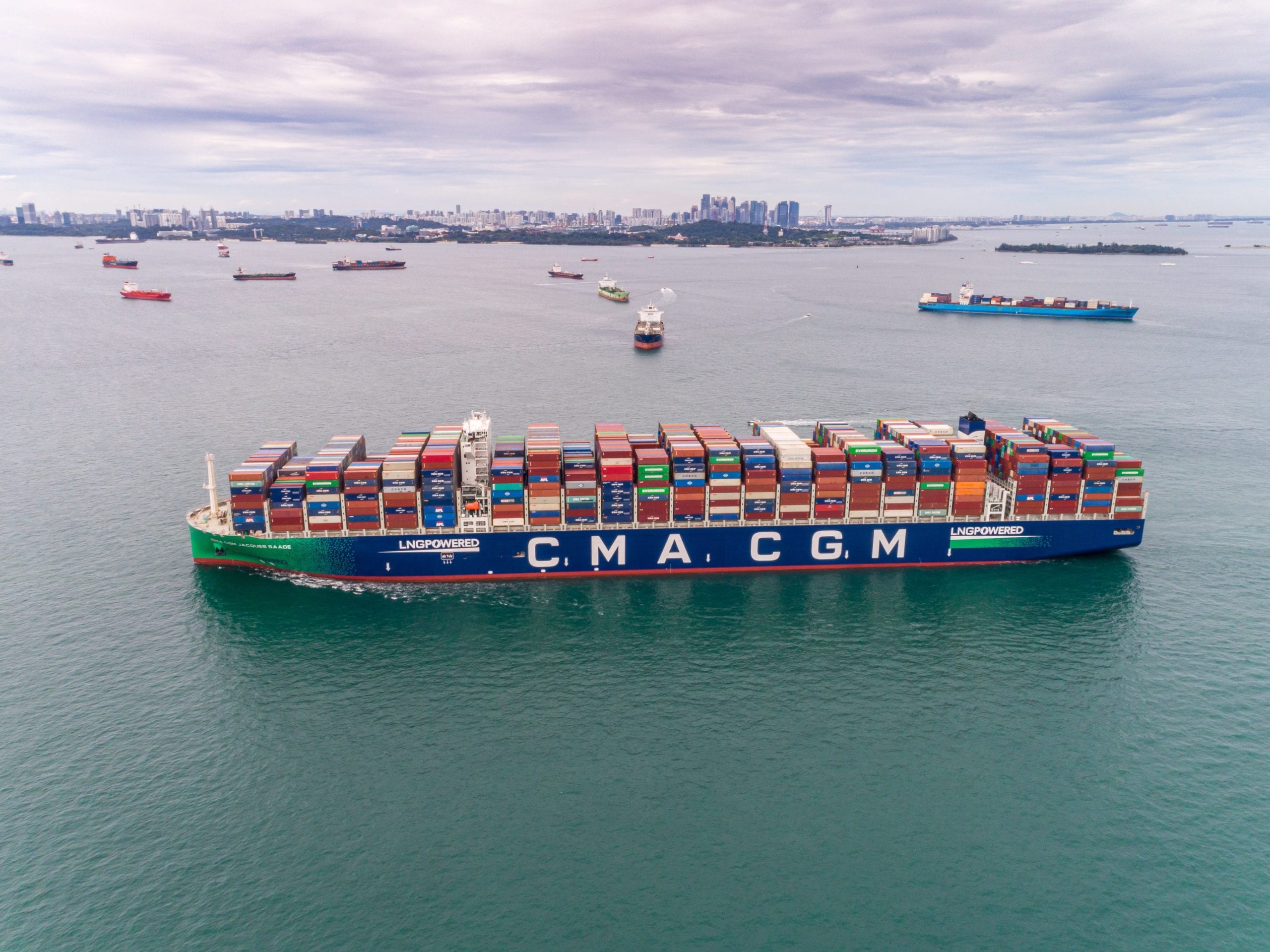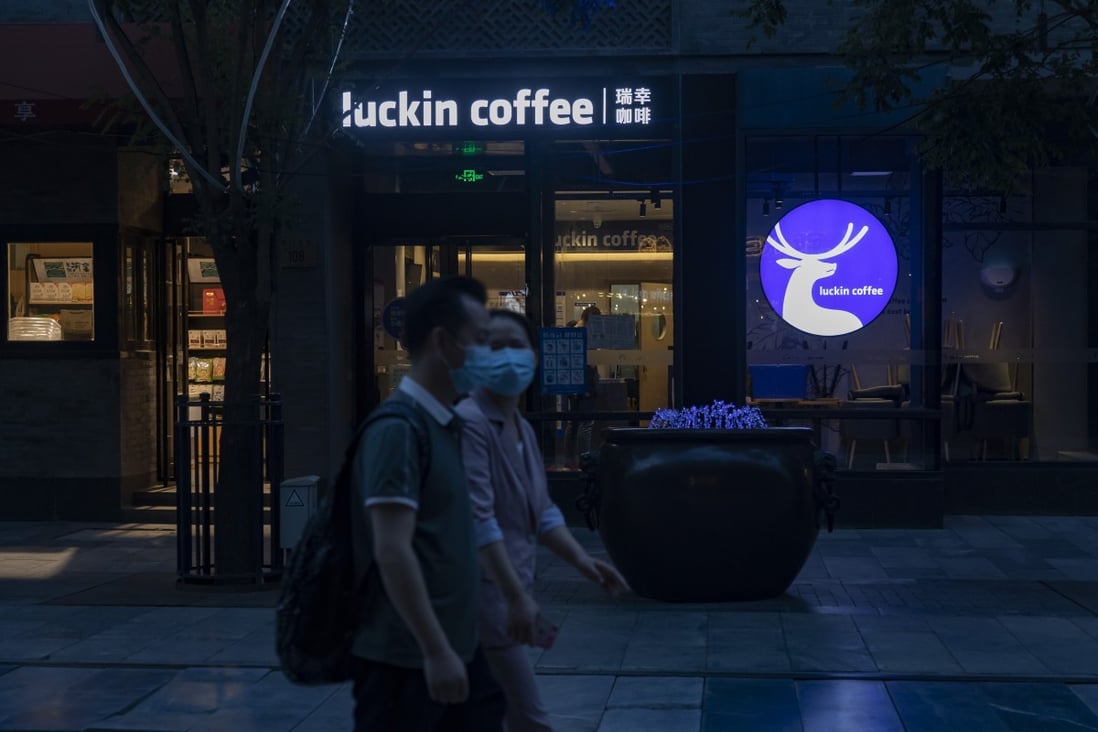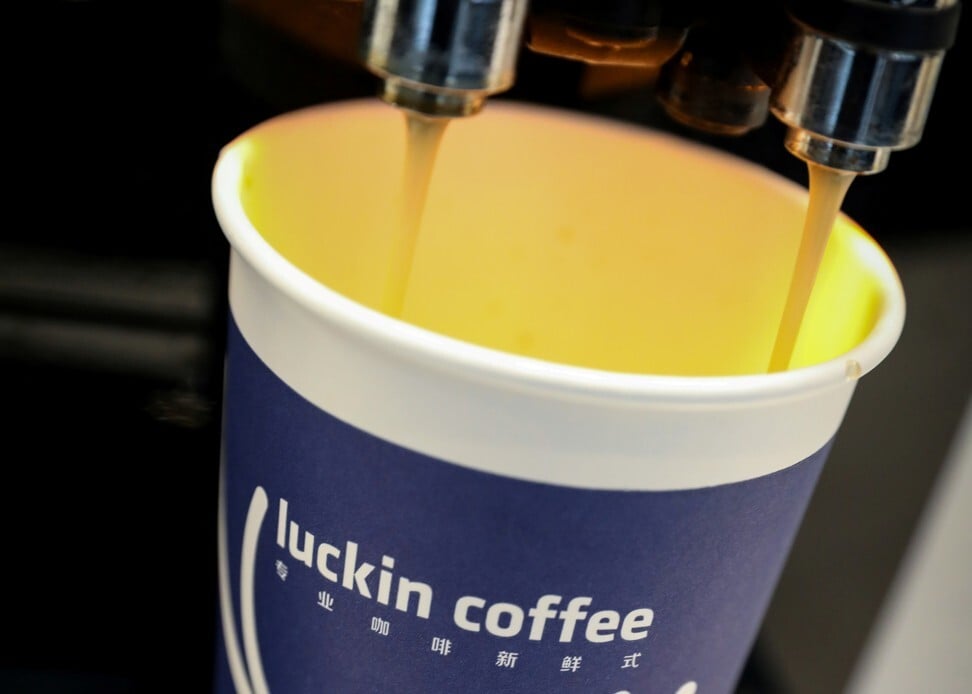#1
PIL's Teo family has a long relationship with the PAP leaders.
Temasek unit Heliconia throws $810m lifeline to troubled Pacific International Lines

Pacific International Lines plans to implement the restructuring via a scheme of arrangement.PHOTO: PIL

Grace Leong
Business Correspondent
PUBLISHED NOV 12, 2020, 10:19 PM SGT
SINGAPORE - A US$600 million (S$810 million) lifeline has been offered by Temasek unit Heliconia Capital Management to troubled Pacific International Lines (PIL), paving the way for a rescue of the world's 10th-largest container shipping line now facing "tremendous strain on its liquidity" amid the pandemic-induced recession.
Negotiations with Heliconia and PIL's lenders have been completed, and the Singapore-based boxship operator plans to implement the restructuring via a scheme of arrangement. But the deal hinges on majority approval from creditors that are owed US$3.5 billion, sources told The Straits Times.
A US$112 million emergency credit facility has been advanced to PIL to fund overdue trade vendors and other operating cash requirements, sources say. The remainder of the US$600 million package, which comprises a mix of debt and equity investment, will be used to "repay critical vendors and recalibrate PIL's capital structure to sustainable levels", the company told the Singapore Exchange on Wednesday (Nov 11).
On Tuesday, PIL's lawyers from WongPartnership filed an application to the High Court to hold a meeting for creditors to vote on the restructuring package in January next year. PIL also seeks to include holders of PIL $60 million fixed rate bonds due 2020 in the scheme.
The firm also filed an application for moratorium protection to keep creditors from starting winding up or enforcement proceedings. The hearing date on the applications has not been set.
The scheme must be approved by a majority representing at least 75 per cent in value of each class of creditors present and voting at each scheme meeting.
Alternatively, the scheme must be approved by a majority representing at least 75 per cent in value of at least one class of creditors and approved by a majority representing at least 75 per cent in value of all scheme creditors.
If the requisite majority vote is secured, PIL's restructuring could be completed by first quarter of next year, sources say. Heliconia will own a majority interest in PIL upon completion.
Heliconia could not be reached for comment yesterday. A Bloomberg report in June cited sources saying that Heliconia is keen to take a stake in PIL in part to secure logistics for food supplies to Singapore amid the pandemic.
PIL executive chairman and managing director Teo Siong Seng (better known as SS Teo) told creditors on Nov 11 that "2018 to 2020 have been challenging years for the container shipping industry, with the downturn further exacerbated by the prolonged impact of the pandemic".
"On the back of a smooth-sailing 2017 in the shipping industry, many container liners were overly optimistic in increasing capacity during 2018, resulting in capacity oversupply and falling freight rates. Combined with escalating bunker prices, container liners, including PIL, were faced with compressed margins and cash flows," Mr Teo said in meeting minutes filed with the Singapore Exchange.
"Despite initiatives to improve profitability, the unfavourable industry dynamics and PIL's unsustainable capital structure resulted in continued losses in 2018 and 2019."
Anticipating a further downturn, PIL began talks with financial lenders to consensually re-profile those debts, and entered into a principal and interest moratorium in the second quarter of this year, Mr Teo said.
However, the global economy continued to deteriorate during the pandemic, resulting in PIL "facing tremendous strain on its liquidity, which threatens its ability to operate as a going concern."
To recapitalise its business, PIL began talks with Heliconia in May for an investment into PIL, and then entered into a six-month exclusivity agreement with Heliconia.
"This is different from restructuring attempts like Hin Leong or Hyflux, which filed for bankruptcy protection and then used the time to find investors. If PIL had gone that route, it would have ended up like Hanjin," a source close to the deal said. Once the largest shipping line in South Korea and the seventh-biggest in the world, Hanjin Shipping went bankrupt in 2016 after excess capacity caused the industry's worst crisis at the time.
"In PIL's case, the lenders supported a standstill on enforcement actions until the end of 2020, and PIL used the time to find an investor. Once PIL secured a deal with the investor and major creditors, then it applied to court to hold a scheme meeting," the source said.
PIL's Teo family has a long relationship with the PAP leaders.
Temasek unit Heliconia throws $810m lifeline to troubled Pacific International Lines

Pacific International Lines plans to implement the restructuring via a scheme of arrangement.PHOTO: PIL

Grace Leong
Business Correspondent
PUBLISHED NOV 12, 2020, 10:19 PM SGT
SINGAPORE - A US$600 million (S$810 million) lifeline has been offered by Temasek unit Heliconia Capital Management to troubled Pacific International Lines (PIL), paving the way for a rescue of the world's 10th-largest container shipping line now facing "tremendous strain on its liquidity" amid the pandemic-induced recession.
Negotiations with Heliconia and PIL's lenders have been completed, and the Singapore-based boxship operator plans to implement the restructuring via a scheme of arrangement. But the deal hinges on majority approval from creditors that are owed US$3.5 billion, sources told The Straits Times.
A US$112 million emergency credit facility has been advanced to PIL to fund overdue trade vendors and other operating cash requirements, sources say. The remainder of the US$600 million package, which comprises a mix of debt and equity investment, will be used to "repay critical vendors and recalibrate PIL's capital structure to sustainable levels", the company told the Singapore Exchange on Wednesday (Nov 11).
On Tuesday, PIL's lawyers from WongPartnership filed an application to the High Court to hold a meeting for creditors to vote on the restructuring package in January next year. PIL also seeks to include holders of PIL $60 million fixed rate bonds due 2020 in the scheme.
The firm also filed an application for moratorium protection to keep creditors from starting winding up or enforcement proceedings. The hearing date on the applications has not been set.
The scheme must be approved by a majority representing at least 75 per cent in value of each class of creditors present and voting at each scheme meeting.
Alternatively, the scheme must be approved by a majority representing at least 75 per cent in value of at least one class of creditors and approved by a majority representing at least 75 per cent in value of all scheme creditors.
If the requisite majority vote is secured, PIL's restructuring could be completed by first quarter of next year, sources say. Heliconia will own a majority interest in PIL upon completion.
Heliconia could not be reached for comment yesterday. A Bloomberg report in June cited sources saying that Heliconia is keen to take a stake in PIL in part to secure logistics for food supplies to Singapore amid the pandemic.
PIL executive chairman and managing director Teo Siong Seng (better known as SS Teo) told creditors on Nov 11 that "2018 to 2020 have been challenging years for the container shipping industry, with the downturn further exacerbated by the prolonged impact of the pandemic".
"On the back of a smooth-sailing 2017 in the shipping industry, many container liners were overly optimistic in increasing capacity during 2018, resulting in capacity oversupply and falling freight rates. Combined with escalating bunker prices, container liners, including PIL, were faced with compressed margins and cash flows," Mr Teo said in meeting minutes filed with the Singapore Exchange.
"Despite initiatives to improve profitability, the unfavourable industry dynamics and PIL's unsustainable capital structure resulted in continued losses in 2018 and 2019."
Anticipating a further downturn, PIL began talks with financial lenders to consensually re-profile those debts, and entered into a principal and interest moratorium in the second quarter of this year, Mr Teo said.
However, the global economy continued to deteriorate during the pandemic, resulting in PIL "facing tremendous strain on its liquidity, which threatens its ability to operate as a going concern."
To recapitalise its business, PIL began talks with Heliconia in May for an investment into PIL, and then entered into a six-month exclusivity agreement with Heliconia.
"This is different from restructuring attempts like Hin Leong or Hyflux, which filed for bankruptcy protection and then used the time to find investors. If PIL had gone that route, it would have ended up like Hanjin," a source close to the deal said. Once the largest shipping line in South Korea and the seventh-biggest in the world, Hanjin Shipping went bankrupt in 2016 after excess capacity caused the industry's worst crisis at the time.
"In PIL's case, the lenders supported a standstill on enforcement actions until the end of 2020, and PIL used the time to find an investor. Once PIL secured a deal with the investor and major creditors, then it applied to court to hold a scheme meeting," the source said.











